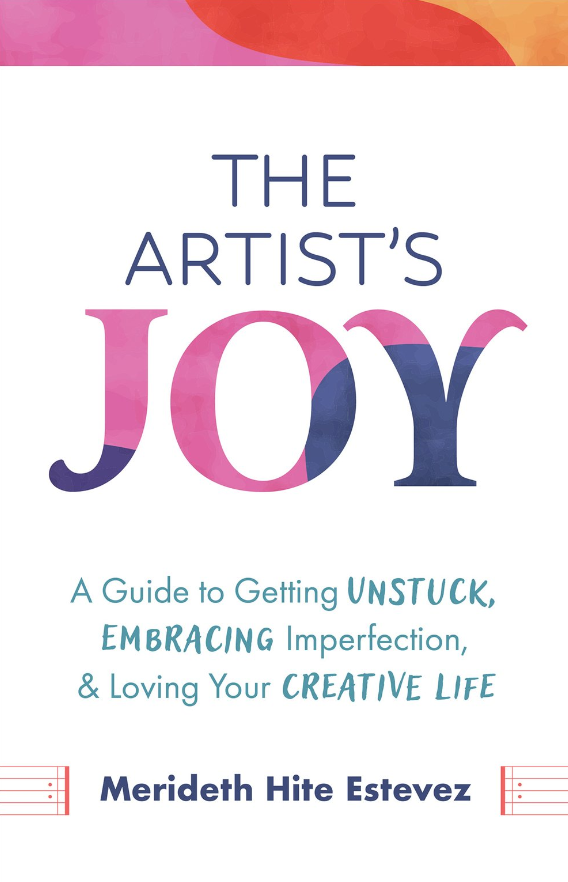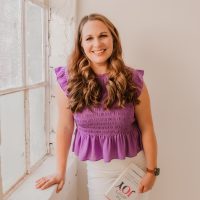
{*Did you know you can write on Elephant? Here’s how—big changes: How to Write & Make Money or at least Be of Benefit on Elephant. ~ Waylon}
~
From the hilltop by the fence at the stadium named after my grandfather, you could watch the hot South Carolina sun sink into the ground, smells of childhood floating through the heavy air: cut grass and fried food, mainly.
The name on the sign (my grandfather was the coach when they built it), the location of my own father’s chairs (he would go early each Friday morning to stake his claim), my sister as a cheerleader, my brothers being primed for quarterback status since the womb, this was all proof—my family was a sports family.
But as I sat at the top of the hill at that stadium, heiress to the throne, I had a secret (delicious, boiled peanuts notwithstanding): I did not like sports. I was bored a millisecond after kickoff at the football games. How barbaric! Baseball was mindnumbingly slow; basketball always smelled like sweat. And then there was the fear of flying objects hitting me in the face. Not liking sports in my family made me the Baldwin brother who wouldn’t act. As I barreled closer and closer to adolescence, I had that sinking feeling: something was wrong with me. I didn’t like what everyone else liked. My parents didn’t bat an eyelash when I repeatedly blared Barbara Streisand in my bedroom. They let me do whatever extracurricular activities I wanted: band, drama club, and special art. (I wanted to ride horses—a sport, by the way—but there were no stables where kids could ride in our town.) Even when they approved of my extracurriculars, choosing not to tow the family line as a sports person felt illicit. I was eleven or twelve when I started spending as much time as possible at the opera house.
The old brick building had its own smell—musty but woody and clean. Beneath all the red carpet, the hardwood whined predictably with this sense of reassurance; the whole place seemed alive with music and memory. I look back on it and realize the fact that such a gem of a community theater existed in my small southern town was a miracle. It might as well have been Broadway. My parents mercifully let me volunteer as an usher, even on Friday nights during football season. Ushering meant I could see the shows weekend after weekend for free. Even at that age, I knew: the passion I didn’t feel at the stadium, I felt for a creaky-floored theater on the end of the town square. This was where I belonged.
One fall at the opera house, they did a musical called The Fantasticks by Tom Jones. I ushered the entire run. Night after night, I’d sit in the back of the theater with the other ushers and watch the actors create a world that was mine. Luisa, one character in that show, knows she’s different and longs to see the world. Her one line always made the audience chuckle: “Please, God, please! Don’t let me be normal!” When this moment happened in the show each night, I would mouth the words with her like my own prayer: Please, God, please don’t let me be normal. It felt like being seen, being released from an imaginary sentence; it gave me hope. But right on the heels of those feelings of exhilaration came a very adult kind of sadness. I started to wonder what the reality of not being “normal” might mean. If I decided that I wasn’t staying in South Carolina, to be bold about my decision to be at the opera house instead of the stadium, what would become of me? And would leading that life, instead of the one I thought everyone expected of me, mean being alone?
Finding My People
Once I started acting in plays myself, when I got to be backstage around the other older actors, I used to watch them closely for clues. I was in awe of their wildness and freedom, unapologetic boldness, and complete disregard for what other people thought of them. I had no idea there were people like that in the world. These were my people. Mo, the Artful Dodger, had been married twice by age thirty and always wore shirts where you could see her bra. James, Daddy Warbucks, always smelled like his special cigarettes and once played a practical joke on Ms. Hanigan, too raunchy for the pages of this text. Through the dressing room walls, I heard cackling and four-letter words. And on stage, their voices held up the proscenium arch. The hall might as well have been named after them. They were magic.
After the show, they would leave through the stage door into the night. I imagined them going to some apartment where the fridge was empty. I sensed that, as far as my community was concerned, being an artist came with a certain kind of separateness, and I realized the loneliness followed me home to my childhood bedroom like smoke on my clothes. Like many artsy kids, I wore it like a badge of honor. Being with others who felt different helped me no longer feel like a liability. The opera house gave me the confidence to go out into the world and find more of my people, to believe they were out there. And that’s what I did when I left home for good for arts boarding school for my final years of high school, then on to music conservatory, and life as a professional musician. While choosing the opera house instead of the stadium at age twelve meant, in some ways, leaving my family, I knew this was my path, and I have never looked back.
We Make Worlds
Artists know something special about belonging; I’ve coached enough artists and played enough gigs with strangers (friends by the downbeat) to see it firsthand. Maybe because so many of us felt like misfits growing up, or maybe the act of creating itself is a kind of community maker—we make worlds in our work where we feel safe and invite others to join us there.
And yet, claiming the title “artist” as an adult has taught me that belonging means not only something we make, but simply stepping into someone we already are. Watching for the moments when your life whispers (or even screams), Pay attention! This is for you. We so often feel like we must create our identity, perhaps because we have wondered if we fit. Who you are, where you belong, it is already in you; it is just a matter of being awake, being open to seeing it when it comes into the light from backstage, and being brave enough to accept the community that is waiting for you there. For me, the opera house was my first glimpse at real belonging. Where was it for you? The band room, the studio, the library? Take it from a theater nerd; do not wear the costume of another. The first step in belonging is to ask yourself what makes you come alive and follow it with all your heart, despite what kind of family you’re born into or what everyone expects you to be.
As an artist, you may feel separate or different or lonely, but I believe we know something special about belonging because creating makes us open to seeing the world as it could be instead of how it is. We can look at the whole world, even each other, with our artist-eye—with curiosity and wonder and acceptance, not judgment. We can offer friendship and community to others, not expecting them to change or complete us, but to inspire us, to make us think, to make us laugh, and to do all the things any great work of art can do. I agree with Flannery O’Connor—surviving childhood gives a wealth of information about life, and I was one of the lucky ones. Even though I am the only one in my family who left our small town, even though I’m the only one who followed a different path, or as my mother says, “marched to the beat of my own oboe,” my family has shown me support and love—they helped me through those turbulent years of adolescence, they showed me that the stadium vs. opera house was not an either/or, that I can belong in our family even though I am different. They gave me lots of opportunities to show up as myself. I felt loved, even when we weren’t together on Friday nights.
That may not be your experience. Not every kid gets that kind of acceptance, and I don’t take it lightly. Maybe you are still searching for that sense of belonging, that community where you found your people. Maybe that loneliness you have always sensed in being different, maybe it doesn’t so much follow you as it does completely envelop you. Maybe you are asking yourself the same questions I asked in the dark theater in my hometown: Is it possible as an artist to cultivate stable relationships that encourage, fortify, and offer us the acceptance we long for? Am I alone?
We artists have this invaluable resource around us: each other. We can share our experiences, struggles, triumphs, and joys in the dressing room and in whatever world we make together. We need not only turn them into great art but relish in the little community of realness that can make the theater people, the band people, the arts people, and yes, the sports people—all those who long to be themselves—know they are accepted and loved, just We artists have this invaluable resource around us: each other.
Show up as yourself, use your artist’s eye to love others well, and—regardless of how broken or discarded you may feel when relationships end or your community fails you—know that lonely, broken things can be valued, cherished, and made beautiful again by the artist.
~
{This is an excerpt from The Artist’s Joy by Merideth Estevez}
~
{Please consider Boosting our authors’ articles in their first week to help them win Elephant’s Ecosystem so they can get paid and write more.}











Read 6 comments and reply